May 5, 2011
On May 14, 1948, the 5th day of the month of Iyar on the Jewish calendar, Jewish leaders gathered in Tel Aviv to sign the Declaration of the Establishment of the State of Israel — Israel's Declaration of Independence. This extraordinary document states, "By virtue of our natural and historic right and on the strength of the resolution of the United Nations General Assembly, [we] hereby declare the establishment of a Jewish state in Eretz-Israel, to be known as the State of Israel."
With this bold declaration, the modern State of Israel was born. And so it is that every year at this time Israel Independence Day is observed. Yom HaAtzmaut, as it is known in Hebrew, begins this year at sundown on May 9. It is a day for Jews to mark the re-establishment of their sovereign nation after generations of exile, and celebrate its history and accomplishments.
Israel's history, though it is one of great success and fulfillment of biblical promises, is also a history of struggle. No sooner had the Jewish state declared its sovereignty in 1948 than it was attacked by the combined armies of five Arab nations seeking its destruction. Israel prevailed in that struggle, but there were many more occasions when it was forced to fight simply to survive — the 1967 Six Day War, the 1973 Yom Kippur War, the 1982 First Lebanon War, and many others.
It is appropriate, then, that one day prior to Yom HaAtzmaut Israel observes Yom HaZikaron, Israel Memorial Day, honoring the soldiers who have been killed during Israel's wars, as well as those who have died in the seemingly never ending terrorist campaign against the Israeli people. Just as on Holocaust Remembrance Day, for two minutes on Yom HaZikaron sirens are sounded across the nation of Israel. As they wail, the entire country literally comes to a standstill. Even traffic stops as drivers get out of their cars to stand in silent remembrance of the fallen.
This history of struggle means that Israelis, more than most people, recognize the truth of the old saying that "freedom is not free." Liberty and democracy are precious and come at a high cost — and that cost is often paid in blood. With the continuing struggle for freedom that has exploded this year in the Arab world, and the bloodshed it has led to, we are all more aware of this truth — and hopefully all the more grateful for the precious gifts of freedom and independence won and secured for us by our armed forces.
May God continue to bestow these on Israel, on the U.S., and on the world. And may we all continue to pray for the day when He will bless us with His most precious gift of shalom, peace.
Rabbi Yechiel Eckstein
President
Read More from Rabbi Yechiel Eckstein
Listen to Episodes by Rabbi Yechiel Eckstein

